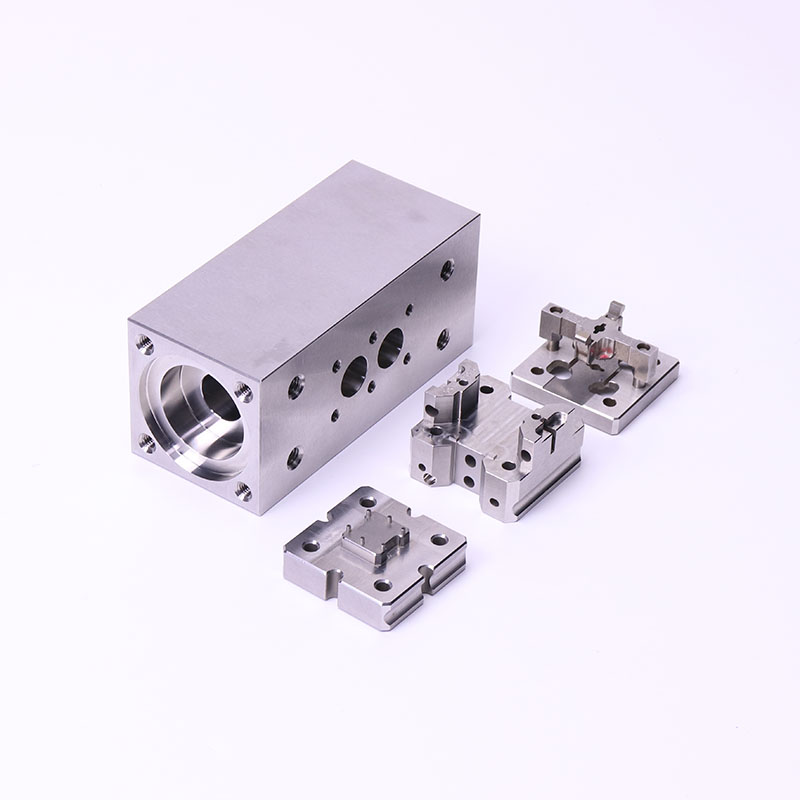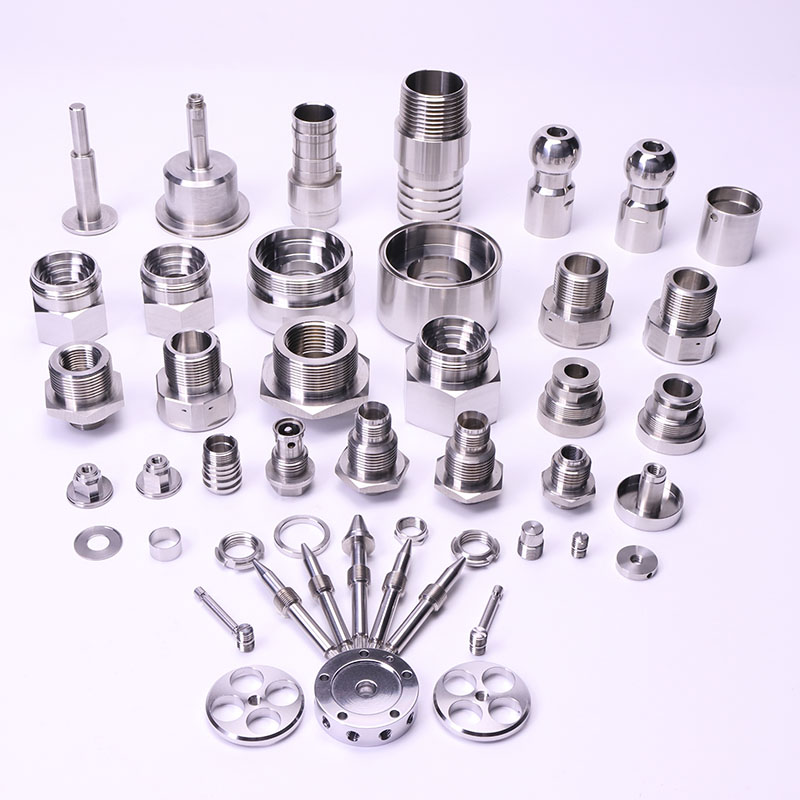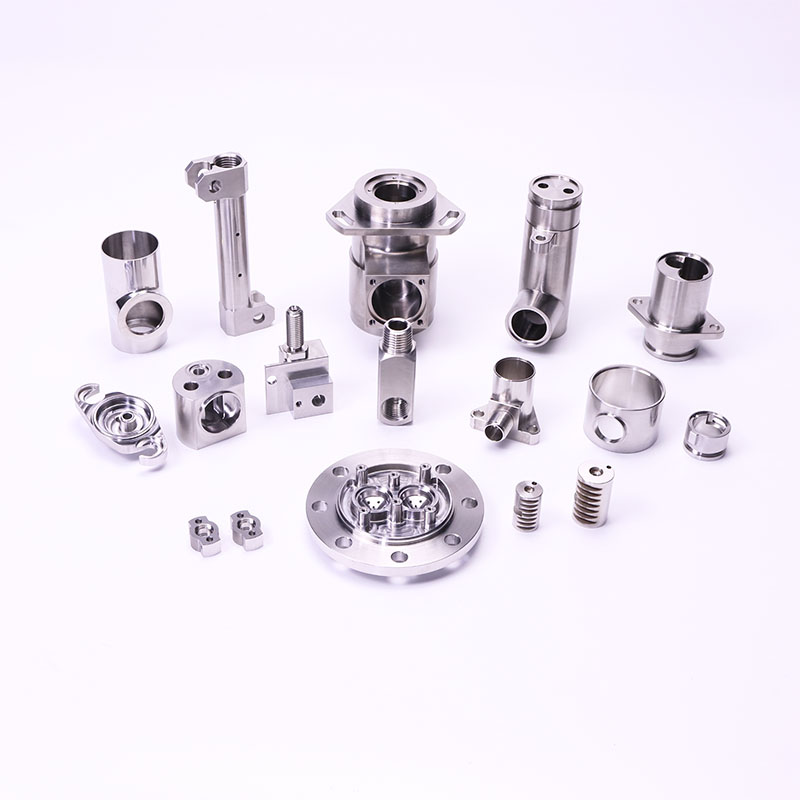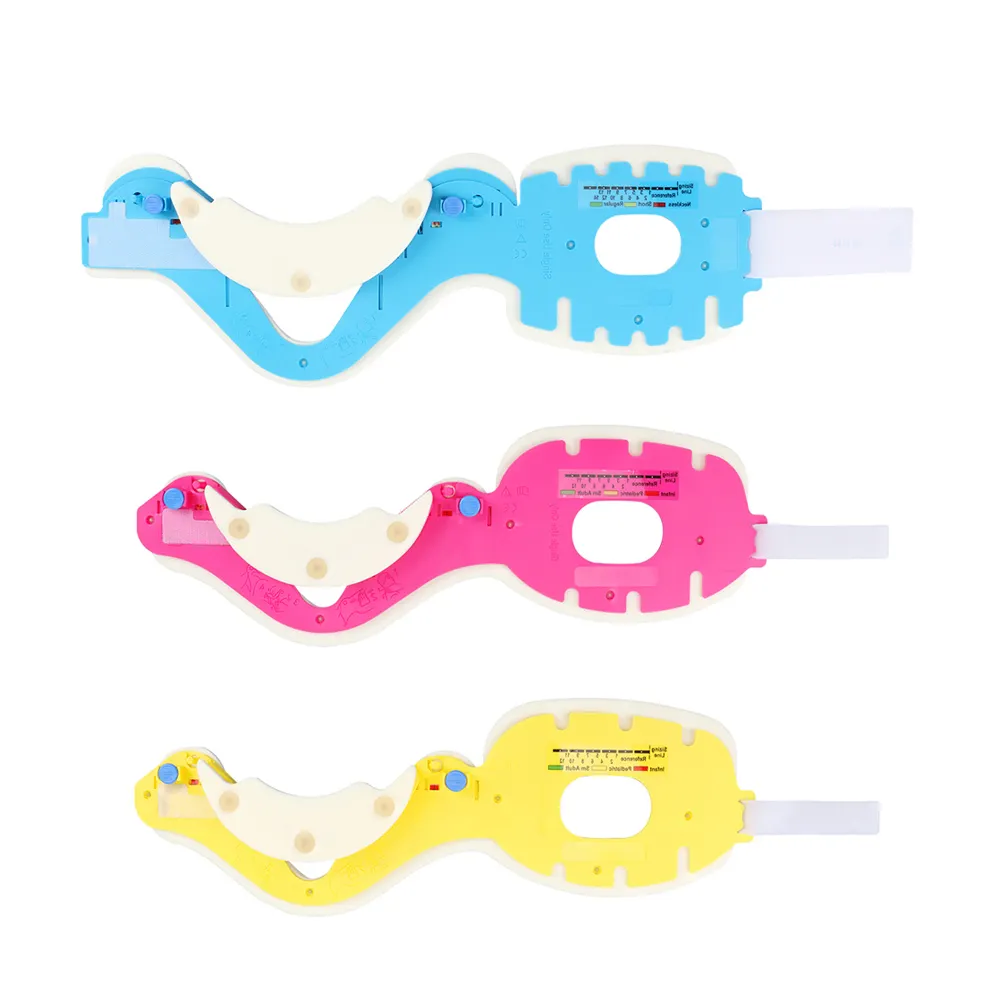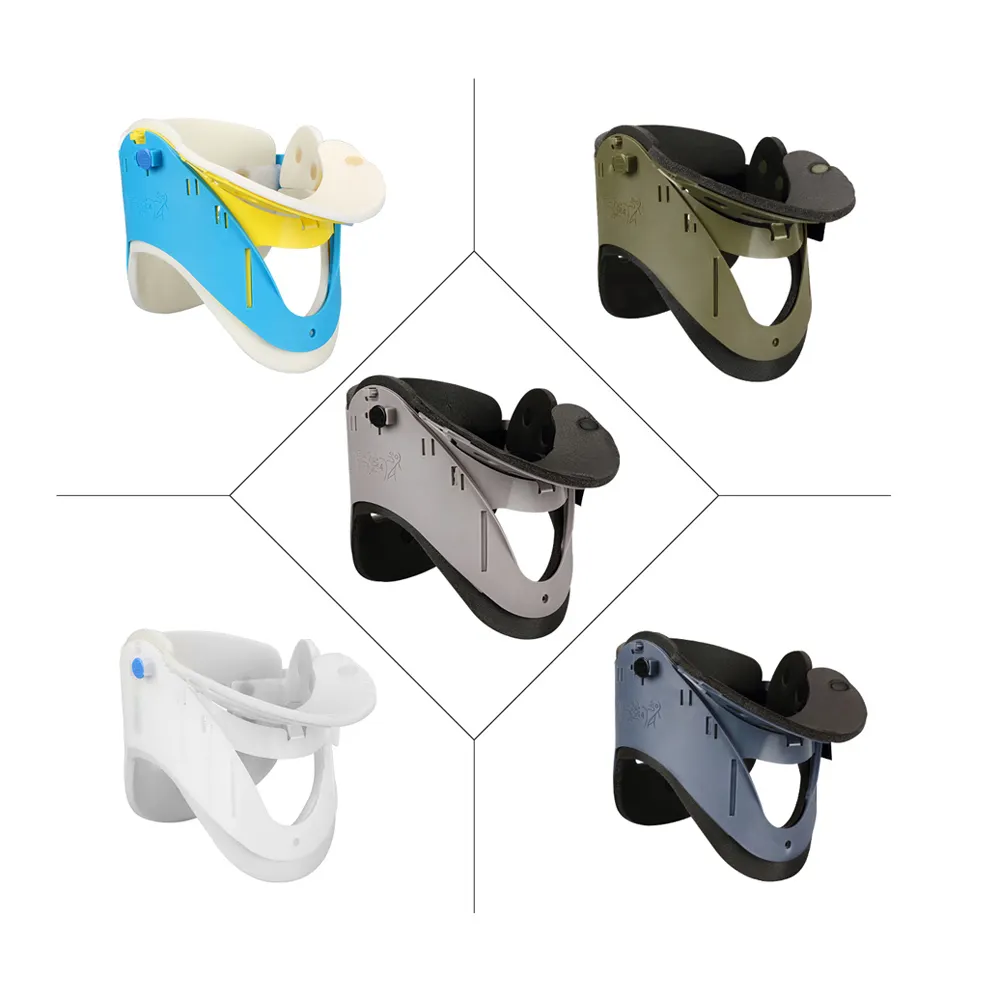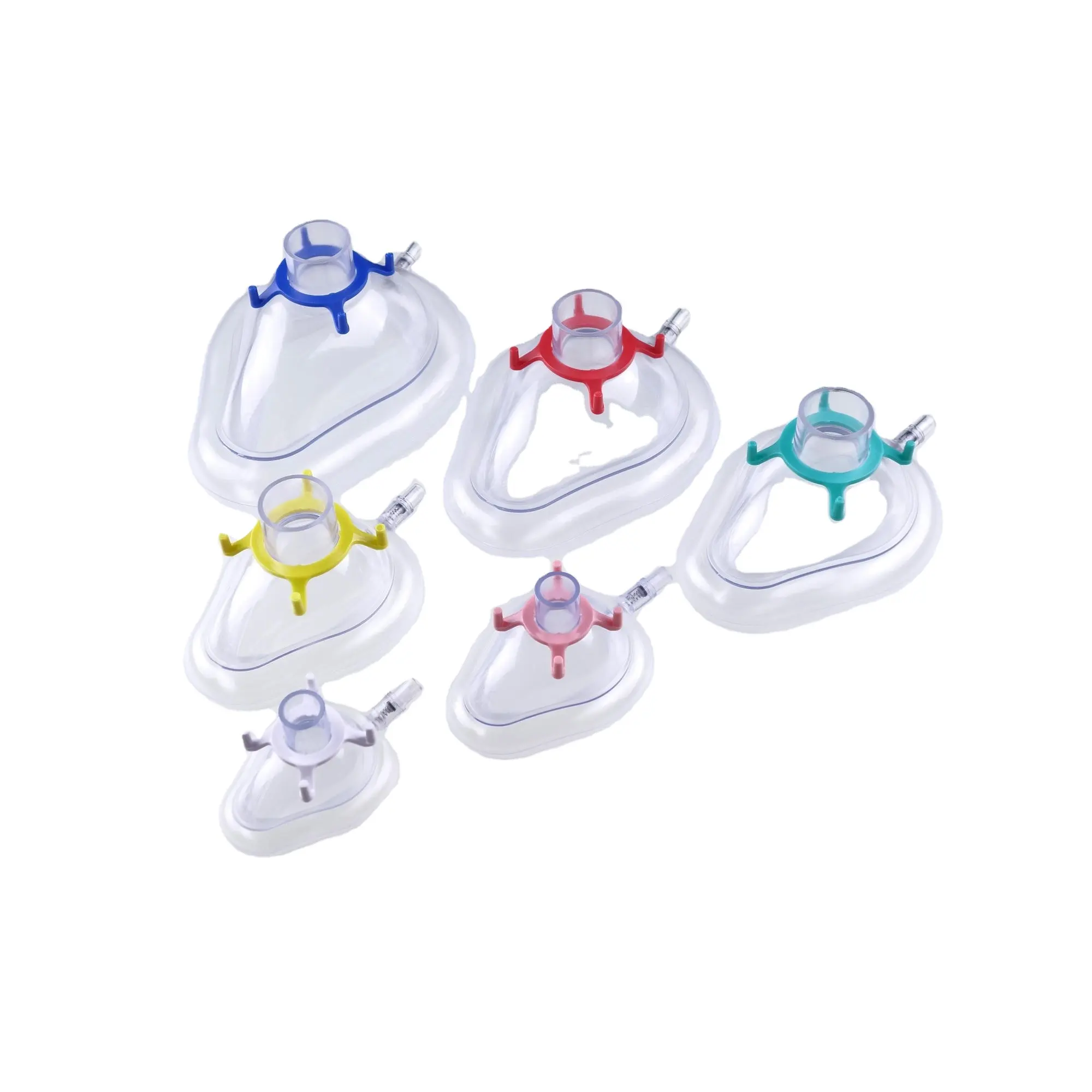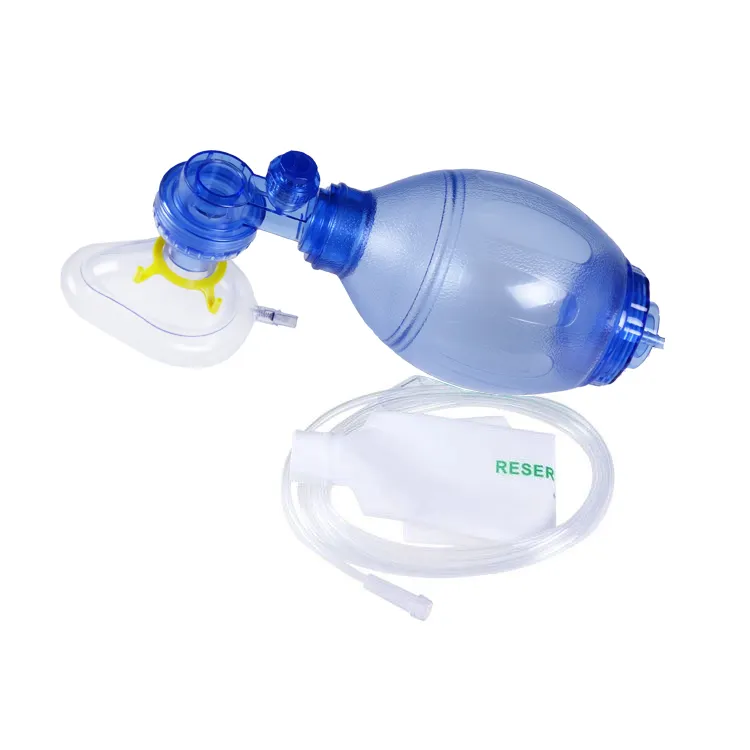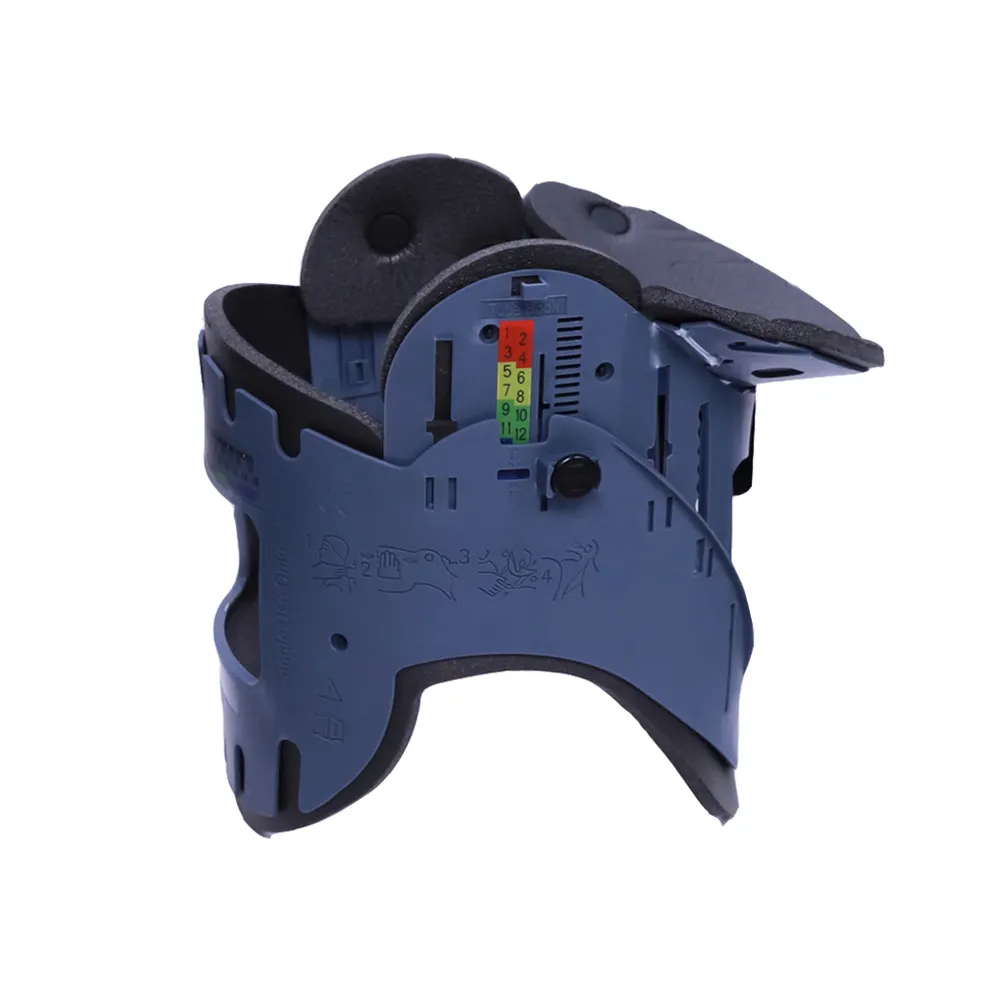Abstract
In an era where industries demand components with tolerances tighter than a human hair, precision machine shops serve as the backbone of advanced manufacturing. This article delves into the critical role of machine shop precision in transforming raw materials into high-performance parts, addressing challenges from aerospace to medical devices. We’ll uncover the technologies, processes, and innovations that define modern precision machining.
Introduction
Imagine a jet engine turbine blade operating at 1,500°C or a medical implant seamlessly integrating with human bone. These feats rely on machine shop precision—a discipline where engineering meets artistry. Precision machine shops like Xiamen Prime Kunwu Industrial Co., Ltd. specialize in crafting components with tolerances as low as ±0.001mm, ensuring reliability in mission-critical applications.
1. The Anatomy of a Precision Machine Shop
1.1 Core Technologies Driving Accuracy:CNC Machining: The Digital Craftsman
Modern CNC (Computer Numerical Control) systems, like 5-axis milling centers, achieve positional accuracy within 2 microns. For example, Siemens’ Sinumerik CNC systems enable complex geometries for European automotive giants like BMW, reducing production errors by 37% (Journal of Manufacturing Systems, 2022).
1.2 Surface Treatments: Beyond Aesthetics
Electropolishing and PVD (Physical Vapor Deposition) coatings extend component lifespans. A case study from Boeing shows that titanium alloy parts treated with CrN coatings withstand 3x longer fatigue cycles in aircraft landing gear.
1.3 Metrology: The Science of Measurement
Laser scanners and coordinate measuring machines (CMMs) validate dimensions at sub-micron levels. ASML, a leader in semiconductor lithography, uses Zeiss CMMs to maintain 0.1µm alignment in EUV machines.
2. Industry Applications Solving Real-World Challenges
2.1 Aerospace: Where 1 Gram = $1,000
Precision shops manufacture fuel nozzles with internal cooling channels thinner than 0.3mm. GE Aviation’s LEAP engine nozzles, produced via additive machining, reduce fuel burn by 15%—a breakthrough enabled by machine shop precision.
2.2 Medical Devices: Life at Micron Scale
Hip implants require surface roughness below Ra 0.8µm to prevent immune rejection. Stryker’s Trident acetabular cups, machined using Swiss-type lathes, boast 99.7% post-surgery success rates (FDA, 2023).
2.3 Automotive Electrification: Powering the Transition
EV battery housings demand flatness within 0.05mm across 1-meter spans. CATL’s latest prismatic cell enclosures, produced via high-speed machining, achieve 98% sealing integrity for water-cooled systems.
3. The Future: Smart Factories & Sustainable Precision
3.1 AI-Driven Predictive Maintenance
Siemens’ Machine Learning algorithms cut unplanned downtime by 45% in German tooling plants by predicting spindle wear.
3.2 Green Machining
Dry cutting and minimum quantity lubrication (MQL) reduce coolant waste by 90%. Toyota’s Kentucky plant saved $2.8M annually through eco-friendly toolpaths.
3.3 Hybrid Manufacturing
Combining 3D printing with CNC finishing accelerates prototyping. Lockheed Martin reduced satellite bracket lead times from 8 weeks to 72 hours using hybrid systems.
4. Conclusion
In a world where a 10-micron deviation can ground a fleet of aircraft, machine shop precision isn’t just a service—it’s a strategic partnership. At Prime Kunwu, we leverage ISO 9001-certified processes and AS9100 aerospace standards to turn industrial challenges into triumphs of engineering.
References
SAE International. (2022). Tolerance Analysis in Aerospace Components.
ASM International. (2021). Surface Engineering for Wear Resistance.
Grand View Research. (2023). Precision Machining Market: $128.9B by 2030.
FAQs
1.Q:What defines "machine shop precision"?
A:Precision machining achieves tolerances ≤0.01mm using advanced CNC systems, metrology tools, and ISO-certified processes for mission-critical industries.
2.Q:How does precision machining benefit aerospace?
A:GE Aviation’s LEAP engines use precision-machined nozzles to reduce fuel burn by 15%, enabled by micron-level accuracy in turbine cooling channels.
3.Q:What quality controls ensure machine shop precision?
A:Laser scanners and CMMs validate dimensions at 0.1µm, while AS9100 aerospace standards govern processes like Boeing’s landing gear production.
4.Q:Are precision machining costs justified for small batches?
A:Yes. Hybrid manufacturing combines 3D printing with CNC finishing, cutting prototyping costs by 60% as proven by Lockheed Martin.
5.Q:How is sustainability integrated into precision machining?
A:Toyota’s MQL systems reduce coolant waste by 90%, achieving $2.8M annual savings without compromising machine shop precision.
Contact Info
Mr. Brook Lin
Job Title: Sales manager
E-mail: [email protected]
Mob/WhatsApp:+86 13599927066
Wechat:+86 13599927066 Skype:+86 13599927066
Country/Region: China (Mainland) Province/State: Fujian
Operational Address: Building 172, Tongan Industrial Zone, Tongan Area, Xiamen, Fujian, China (Mainland) Zip: 361100

